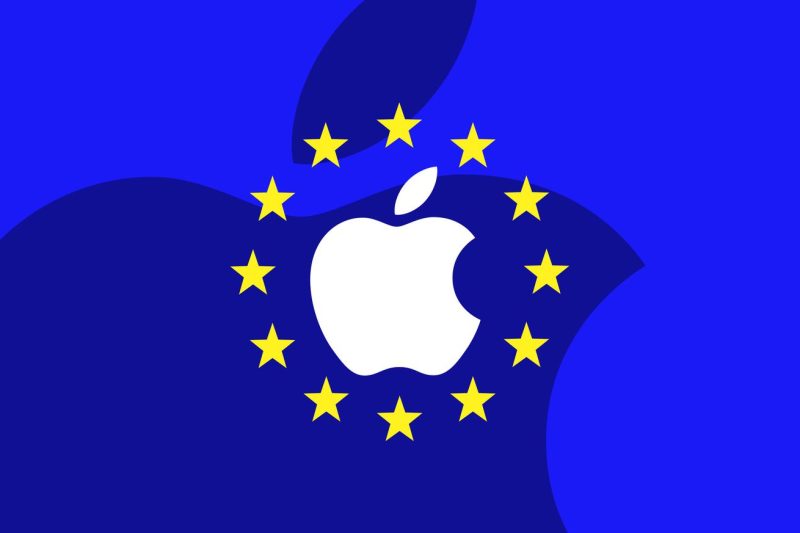Apple Inc. has recently made headlines as the first company charged with violating the European Union’s (EU) Digital Markets Act (DMA) rules. This milestone marks a significant moment in the ongoing efforts to regulate tech giants’ competition practices in the digital space. The DMA, which aims to create a fair and competitive digital market, sets out a series of rules and obligations for large tech companies like Apple to ensure a level playing field for all players.
The EU’s charges against Apple stem from its App Store practices, particularly the company’s allegedly anti-competitive behavior regarding the promotion of its own apps over those of its competitors. The EU’s investigation into Apple’s practices revealed concerns that the company may have been giving preferential treatment to its own apps, such as Apple Music, Apple Books, and Apple TV, in search results and rankings within the App Store. This behavior is seen as potentially harming competition and limiting consumers’ choices within the digital marketplace.
Apple’s dominance in the tech industry, particularly through its App Store ecosystem, has raised concerns among regulators and competitors alike. The company’s control over app distribution and pricing has been a point of contention for many years, with critics arguing that Apple’s strict guidelines and revenue-sharing model place smaller app developers at a disadvantage. The DMA charges against Apple signal a growing pushback against such practices and a desire to ensure a more open and competitive digital market.
The implications of this landmark case against Apple are far-reaching. If found guilty of violating the DMA rules, Apple could face substantial fines amounting to a percentage of its global turnover. Additionally, the company may be required to change its business practices to comply with the EU’s regulations, potentially impacting its App Store policies and revenue model. This case serves as a warning to other tech giants operating in the EU that anticompetitive behavior will not be tolerated and that regulatory scrutiny is increasing in the digital space.
In response to the charges, Apple has defended its practices, stating that it operates in a highly competitive market and that its policies are designed to protect user privacy and security. The company has emphasized the benefits of its ecosystem for app developers and consumers, highlighting the importance of maintaining a safe and curated platform for digital services. However, whether these arguments will hold up against the EU’s allegations remains to be seen as the case unfolds.
As the first company charged under the EU’s DMA rules, Apple’s case sets a precedent for future enforcement actions against tech giants. The outcome of this case will have significant implications for how digital markets are regulated and how competition is fostered within the tech industry. Whether Apple will be found guilty of anticompetitive behavior or not, the case serves as a wake-up call for large tech companies to reassess their practices and ensure compliance with evolving regulatory frameworks aimed at creating a fair and transparent digital marketplace.




























